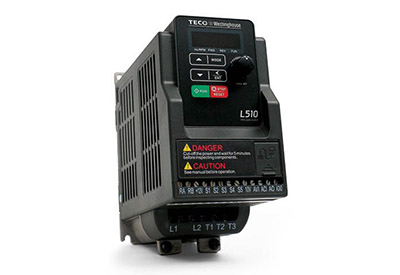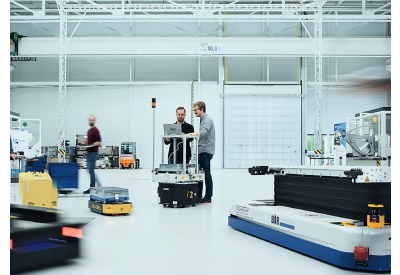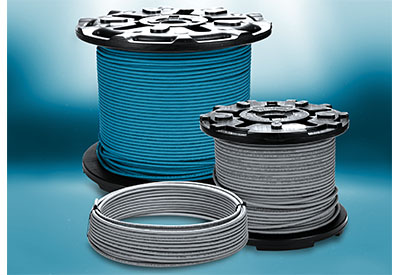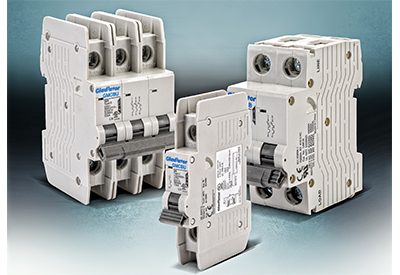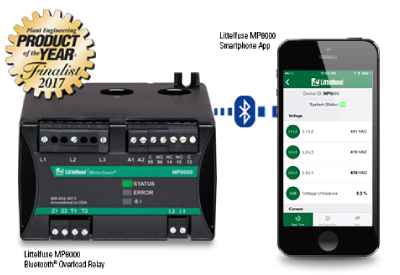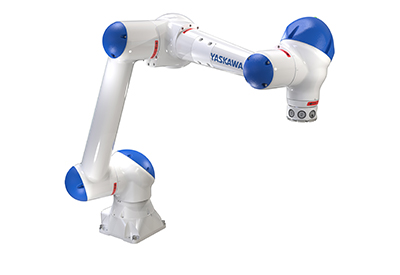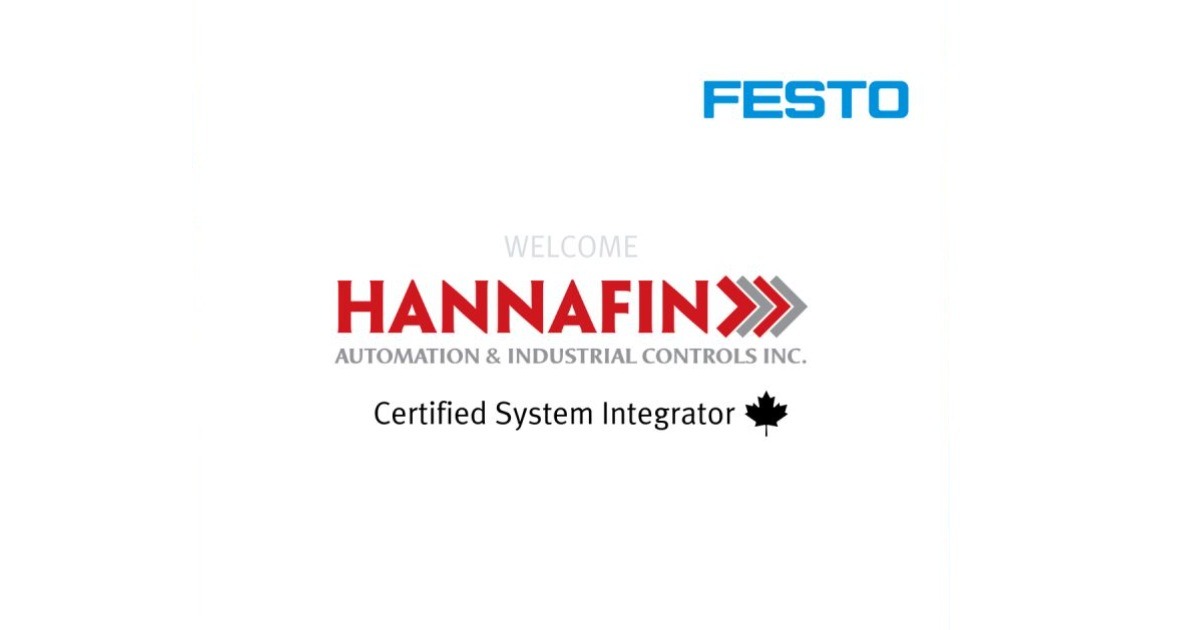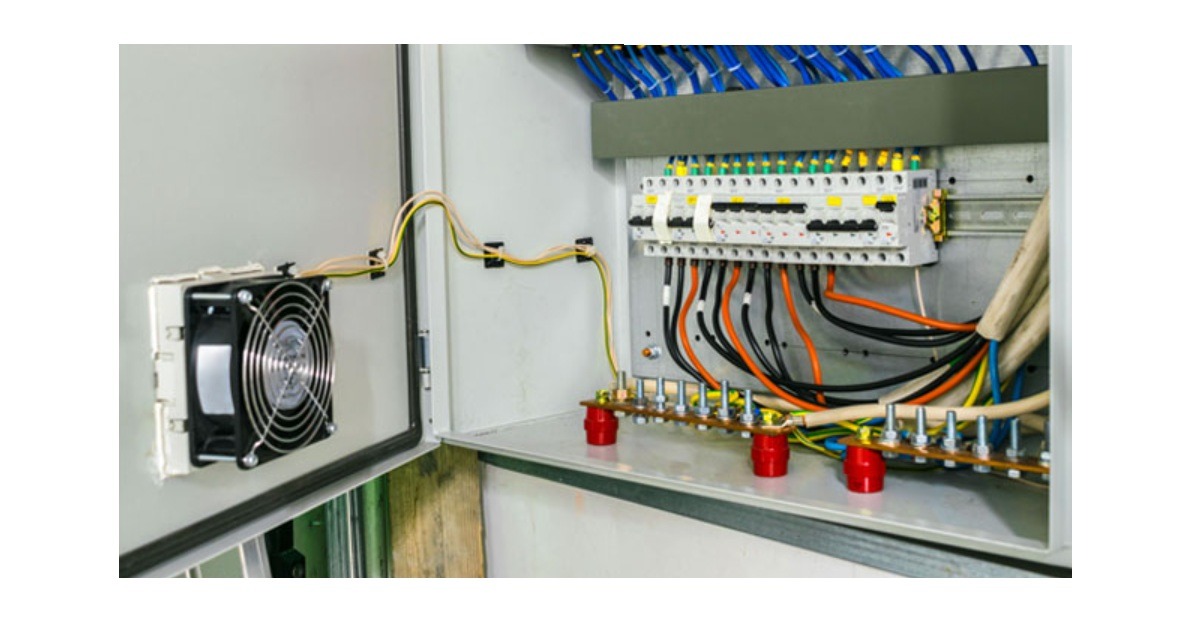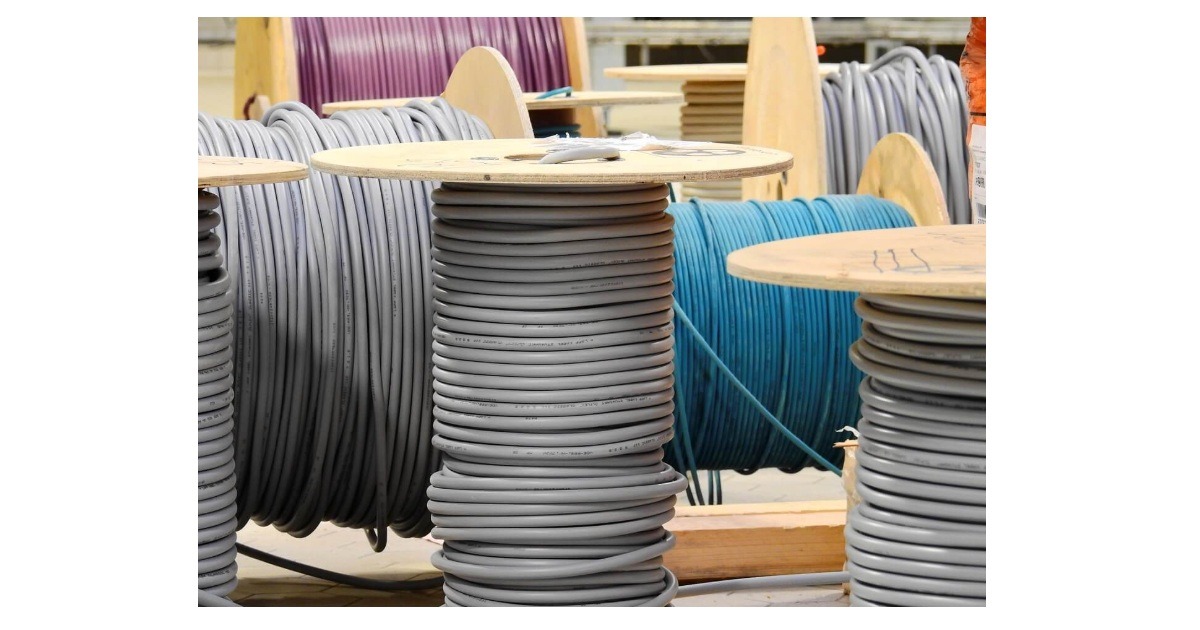3 Questions to Ask When Selecting an Industrial Enclosure
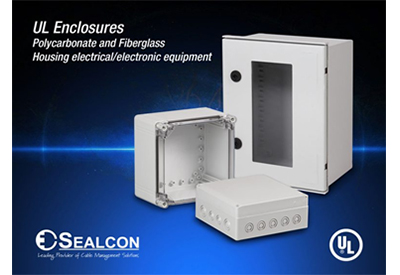
September 22, 2020
Industrial enclosures play an important role in protecting controls, circuit boards, switches and other critical machine components. To function properly, these components should be shielded from environmental elements such as dust, water, debris and extreme temperatures.
While enclosures are integral, they are often an afterthought in terms of planning specs and budget. To assure the best industrial enclosure selection for proper protection and performance, you should consider the following:
1. In what type of environment will the enclosure be used?
Considering the environment in which the enclosure will be used should help you to determine details like the best type of enclosure material to choose. Factors to consider include:
- – Need for UV resistance
- – Plant or factory conditions
- – Temperature extremes
- – Excessive humidity
- – Exposure to harsh elements
- – Environmental dust or debris
- – The presence of any electromagnetic interference
Understanding your specific environmental conditions will help you make the best decision on which material to choose: polycarbonate (UV light, high temperature and impact-resistant); fiberglass (lightweight; high temperature and corrosion resistant); stainless steel (heavy-duty; corrosion and EMI resistant) or aluminum (lightweight; corrosion resistant).
2. What are the requirements of the application?
Each application has unique requirements that affect the materials, equipment, and components involved. Concerns may include:
- – Required enclosure size
- – Available space
- – Ease of accessibility
- – Mounting requirements
- – Access to duct and power
- – Thermal management for heat generating components
Make sure these are addressed early on in order to save yourself the hassle of having to troubleshoot issues down the road!
3. What specific performance standards will the enclosure need to meet?
Some applications will have particular performance standards that enclosures must meet, such as NEMA (National Electrical Manufacturers Association) and UL (Underwriters Laboratories).
These standards are met during testing when an inspector determines if any dust, moisture or other damaging elements have entered the enclosure. At that point, if the enclosure performs well against infiltration, it is determined to meet the guidelines. Pay attention to these types of ratings in order to decide which option will most effectively protect your components.
Sealcon Offers a Variety of Industrial Enclosure Solutions
Sealcon provides their customers with a wide selection of enclosure solutions to meet the demands of their specific industry. Protecting vital components from the elements is a major priority—and Sealcon’s enclosures are UL and IP/NEMA rated and designed for both indoor and outdoor applications.
Sealcon’s enclosures are available in polycarbonate, fiberglass and stainless steel—making them extremely durable and resistant to both heat, chemicals and electromagnetic interference. They are available in a variety of sizes and styles to match your needs and can be customized to match your unique specifications.

